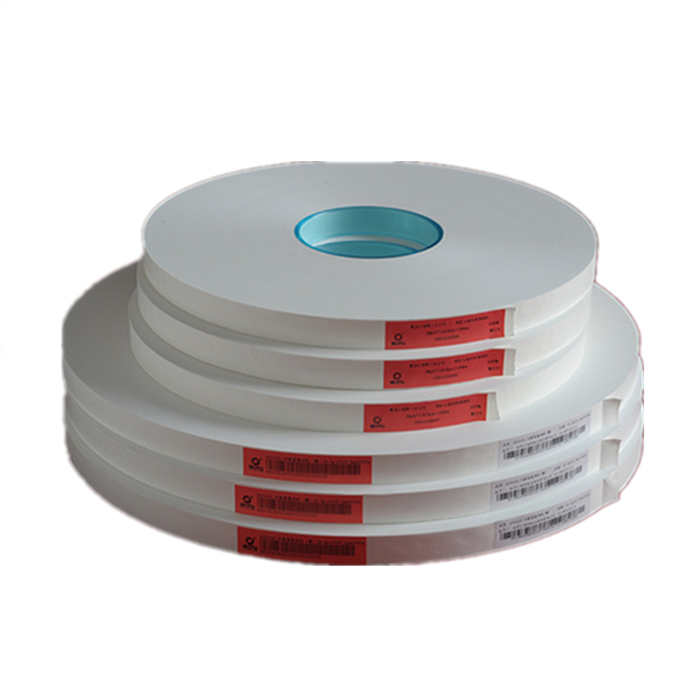In novel coronavirus pneumonia, the number of people wearing face masks is also increasing in Japan, Asahi Shimbun reported. Compared with wearing masks, masks can make people breathe more smoothly and will not cover the face, but people’s main concern may be the protection effect.
Plastic masks are medical protective equipment, originally to prevent blood and droplets from entering the eyes, mouth and nose. There are many situations that need to be seen clearly, such as when receiving guests, giving lectures, singing, and gathering. Under the influence of novel coronavirus pneumonia, masks have gradually become popular among these populations.
The Institute of physics and chemistry and Kobe University conducted an experiment with Fuyue, the world’s highest performance supercomputer. The results were published in late August. The experiment was carried out in the form of simulation experiment. The protective effects of nonwoven masks and masks on droplet propagation were mainly investigated.
When wearing a nonwoven mask, about 30% of the aerosols below 5 μ m are not blocked, but almost all the larger droplets above 50 μ m are blocked. On the other side, when wearing a mask, the aerosol can’t be blocked at all, and even half of the 50 micron droplets are not blocked. “Nonwoven masks can be said to be quite successful in preventing droplets,” said Professor hirakakura, who is also a professor at Kobe University, who is also the team leader of the Institute of physics and chemistry.
Post time: Oct-19-2020

